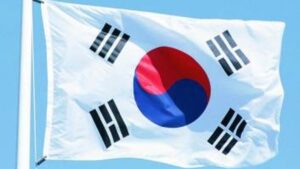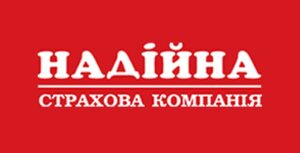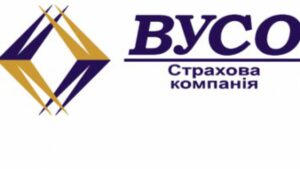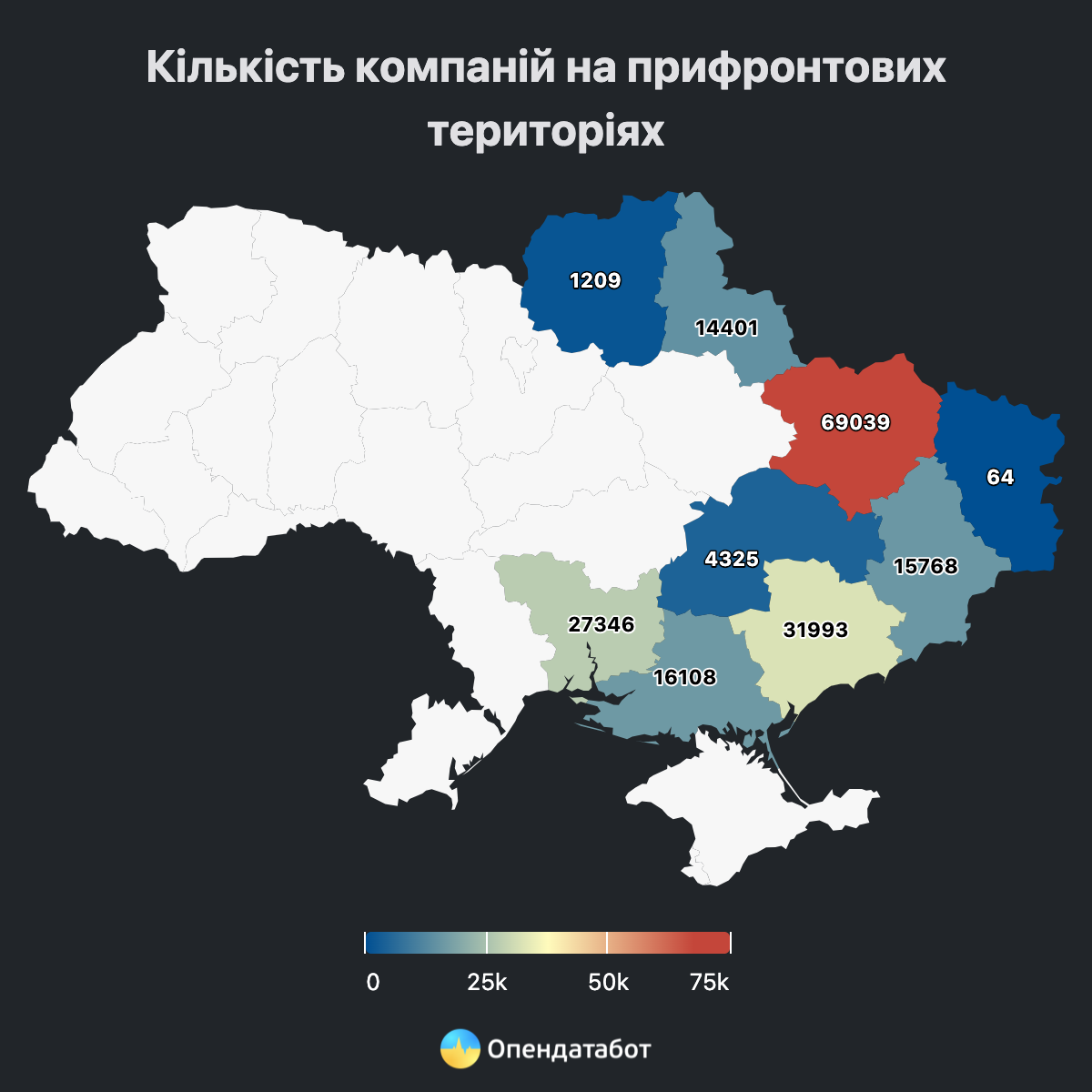
The article presents key macroeconomic indicators of Ukraine and the global economy for January-July 2024. The analysis is based on official data from the State Statistics Service of Ukraine, the National Bank of Ukraine, the IMF, the World Bank, and the UN, on the basis of which Maksym Urakin, PhD in Economics, founder of the Experts Club Information and Analytical Center and Director of Business Development and Marketing, presented an analysis of macroeconomic trends in Ukraine and the world. Key aspects such as the dynamics of gross domestic product (GDP), inflation, unemployment, foreign trade and public debt of Ukraine, as well as global macroeconomic trends are considered.
Macroeconomic indicators of Ukraine
In the first eight months of 2024, Ukraine’s economy demonstrated steady positive dynamics amid recovery from the crisis. The National Bank of Ukraine estimated real GDP growth in the second quarter at 3.7% compared to the same period last year, which is in line with the April forecast. In July, this figure accelerated to 4.4% (compared to 3.1% in June and 3.5% in May), which was the result of an earlier and faster harvest.
“Ukraine’s economic successes in 2024 show that the country is beginning to overcome the consequences of the crisis. However, against the background of these indicators, it is important to take into account the growth of the negative foreign trade balance. This is a signal of the need to strengthen domestic production and increase export potential to avoid imbalances in the future,” said Maksym Urakin, founder of the Experts Club information and analytical center.
According to the State Statistics Service, the negative balance of Ukraine’s foreign trade in goods in January-August 2024 increased by 6.5% compared to the same period last year and amounted to $17.613 billion. The main reason for the increase was a slowdown in export growth amid accelerated imports. At the same time, Ukraine’s international reserves grew by 13.7%, reaching $42.33 billion, thanks to the attraction of long-term concessional financing from international partners.
“The growth of reserves to record levels is an important signal of confidence from international partners. However, it is important to realize that inflation remains a challenge. In August, inflation was 7.5% year-on-year after 5.4% in July and 4.8% in June. High inflation can significantly reduce the purchasing power of the population,” Urakin emphasized.
Inflation in August was 0.6% compared to July, when the price level remained unchanged. At the same time, the August price increase contrasts with the figures for the same month last year, when there was a 1.4% decline.
Ukraine’s public debt also changed in the second quarter of 2024. The total amount of state and state-guaranteed debt in hryvnia equivalent increased by UAH 243.7 billion, and in dollar equivalent by $1.1 billion. At the same time, the weighted average debt service rate decreased from 6.24% to 5.6% per annum, which indicates an increase in the efficiency of debt management.
“Effective public debt management, including lower interest rates, is an important step for Ukraine’s financial stability. This allows the country to focus on strategic investments in infrastructure and social development,” the expert added.
Global economy
At the global level, the International Monetary Fund (IMF) left unchanged its forecast for global economic growth in 2024 at 3.2%, but improved its expectations for 2025 to 3.3%. The main drivers of global growth remain emerging market countries, including China and India, whose economies are expected to grow by 5% and 7% respectively.
“The global economy continues to move forward, but faces key challenges, including inflation and high interest rates. Interestingly, the IMF has adjusted its expectations for oil prices – they are expected to rise slightly in 2024, but decline in 2025. This underscores the importance of the stability of commodity markets for developing countries,” said Maxim Urakin.
The European economy shows more modest results. According to IMF forecasts, the Eurozone’s GDP will grow by only 0.9% in 2024, while Germany’s economy will grow by only 0.2%.
“Europe is facing many challenges – from the energy crisis to the slowdown in industrial growth. For Ukraine, this is an opportunity to strengthen its position in trade relations with the EU by exporting competitive goods and services,” the expert emphasized.
Conclusion.
The economic indicators of Ukraine and the world in January-August 2024 show mixed results. Steady GDP growth and strengthened reserves are accompanied by inflationary risks and a negative trade balance. The global economy, while moving forward, is being held back by inflation and geopolitical factors.
“It is crucial for Ukraine to focus on creating an attractive investment climate, increasing labor productivity and developing export opportunities. This will be the key to sustainable economic growth and financial stability in the future,” summarized Maksym Urakin.
Maksym Urakin, Head of the Economic Monitoring project, PhD in Economics
More detailed analysis of Ukraine’s economic indicators is available in the monthly information and analytical products of Interfax-Ukraine Economic Monitoring.

Turkey’s GDP growth rate in the third quarter of 2024 slowed to 2.1 percent in annualized terms after climbing 2.4 percent a quarter earlier, the country’s statistical institute (TurkStat) said. This is the worst performance since the second quarter of 2020, when Turkey recorded a contraction in GDP at the height of the coronavirus pandemic. Analysts surveyed by Trading Economics had on average forecast growth of 2.6% in July-September.
Consumer spending rose 3.1% last quarter. Meanwhile, government spending fell by 0.9%, the fastest pace since the first quarter of 2021, and business investment fell by 0.8%, registering a negative trend for the first time in two years.
Exports rose just 0.8% in July-September, while imports fell 9.6%.
Turkey’s GDP contracted by 0.2% in the third quarter relative to the previous three months. The revised data also showed a 0.2% contraction in April-June, while a 0.1% rebound was previously reported.
Turkey’s economy has not contracted for two consecutive quarters on a quarter-on-quarter basis, which meets the technical definition of a recession, since 2018.
Earlier Experts Club think tank and Maxim Urakin released a video analysis of how the GDPs of countries around the world have changed in recent years, more video analysis is available here – https://youtu.be/w5fF_GYyrIc?si=BsZmIUERHSBJrO_3.
Subscribe to Experts Club’s youtube channel here – https://www.youtube.com/@ExpertsClub

Ukraine wanted to buy arms from South Korea that would help in confronting the Russian army, but Seoul refused, South Korea’s SBS News reported.
According to the publication, the Ukrainian delegation asked for authorization to purchase Korean weapons, not a free transfer. In particular, Cheongung medium-range surface-to-air missiles.
According to the source, Ukraine asked for non-lethal weapons. In addition to Cheongung interceptor missiles, the Ukrainians were interested in radars – for air defense and anti-artillery. The Ukrainians also requested charges for 155mm artillery shells.
It is likely that Korean defense companies such as LIG Nex1, Hanwha and Hyundai Rotem have received offers from Ukraine to cooperate on arms purchases. But the South Korean Defense Ministry recommended them to refrain from signing contracts. The reason for the refusal is allegedly “a high risk of violating foreign trade laws restricting exports to combat zones”.
As reported, a Ukrainian delegation headed by Defense Minister Rustem Umerov visited Seoul earlier this week.

Private JSC “Insurance company ‘Nadiyna’ (Kyiv) in January-September 2023 has collected gross insurance premiums in the amount of UAH 49,890 mln, that is by 49,9% less than in the same period a year earlier. This is evidenced by the data in the information of RA “Standard-Rating” on updating the company’s credit rating/rating of financial stability (reliability) of the insurer at the level uaA+ according to the national scale.
Thus premiums from individuals have amounted to UAH 0,36 m, and premiums from reinsurers have been absent. Thus, following the results of the nine months of 2024 the client portfolio of the insurer on gross premiums has been mainly represented by legal persons.
Insurance payments sent to reinsurers, for the reporting period have decreased by 78,57% compared to the same period of 2023 – to UAH 11,818 mln. The ratio of reinsurers’ participation in insurance premiums has decreased by 31,69 p.p. to 23,69%.
Net premiums of the insurer have decreased by 14,31% – to UAH 38,072 mln, and net earned premiums – by 19,28%, to UAH 35,586 mln.
The volume of insurance payments and indemnities made by the company has grown by 89,55% – up to UAH 10,844 mln. Thus, the level of payouts has grown by 15,99 p.p. and has amounted to 21,74%.
Profit from operating activities of the insurer has amounted to UAH 15,335 mln, and net profit has amounted to UAH 13,392 mln.
Assets as of November 1, 2024 have grown by 12,95% – to UAH 85,693 mln, shareholders’ equity – by 5,76%, to UAH 68,306 mln, liabilities – by 54,13%, to UAH 17,387 mln, cash and cash equivalents – by 39,94%, to UAH 57,572 mln.
As of the reporting date, the company formed a portfolio of current financial investments in the amount of UAH 6.195 mln, which consisted of investments in government bonds.
According to the company’s website, it was registered in the Unified State Register of Legal Entities, Physical Entrepreneurs in 2006. Its authorized capital is UAH 15 million.
Its shareholders are eight individuals – residents of Ukraine and one legal entity – Agroholding 2012 LLC.

Shareholders of PJSC Insurance Company VUSO (Kyiv) on December 10 will decide on the appointment of Irina Hevel as Deputy Chairman of the Board for digital business by transfer from the position of Advisor to the Head of the Board. This is reported in the draft decisions of the shareholders’ meeting, publicized by the company in the system of the National Commission on Securities and Stock Market.
As reported, Irina Gevel from August 2017 and until the end of 2023 held the position of the head of the Board of IC “Alfa Insurance”.
In addition, during the meeting Alexey Babenko is planned to be appointed to the position of the Head of Internal Audit Service and Yuri Izotov to the position of the Head of Risk Management of IC “VUSO” by transferring them from the position of the advisor of re-directing. At the same time, it is emphasized that Izotov may take office after the approval of the NBU. Also during the meeting the shareholders plan to approve the risk management policy of the company in a new edition, the plan of continuous activity of IC “VUSO” and the report on compliance risk management for Q3 2024.
IC “VUSO” was founded in 2001. The company holds 50 licenses: 34 – for voluntary and 16 – for compulsory types of insurance, is represented in all regions of Ukraine. It is a member of the Motor (Transport) Insurance Bureau of Ukraine (MTSBU) and the Ukrainian Insurance Federation (UIF), as well as a participant of the Agreement on direct settlement of losses and a member of the Nuclear Insurance Pool.

How many companies are located in the territory of active hostilities
According to the Ministry of Reintegration, 180,253 Ukrainian companies are registered in the frontline areas. Of these, 14% are in the areas of active hostilities. Most of these businesses are in Kharkiv and Zaporizhzhia regions.
Currently, more than 1.4 million companies are registered in Ukraine. 13% of them are registered in the frontline areas – about 180 thousand businesses.
You can check the registration of companies and individual entrepreneurs in the temporarily occupied territories in the OpenDataBot.
Only 1.1 thousand of these companies operate in the areas where active fighting is taking place and all state registries are disabled. Another 25 thousand (14%) are located in the area of active hostilities, where state electronic information resources are functioning. The vast majority are registered in the area of possible hostilities – 153 thousand businesses
Kharkiv region has the largest number of registered businesses among the 9 frontline regions. More than a third of companies are registered in this region – over 69 thousand. Almost half as many businesses are registered in Zaporizhzhia region – 32 thousand. Mykolaiv region closes the top three with 27 thousand (15.2%).
https://opendatabot.ua/analytics/frontline-business
